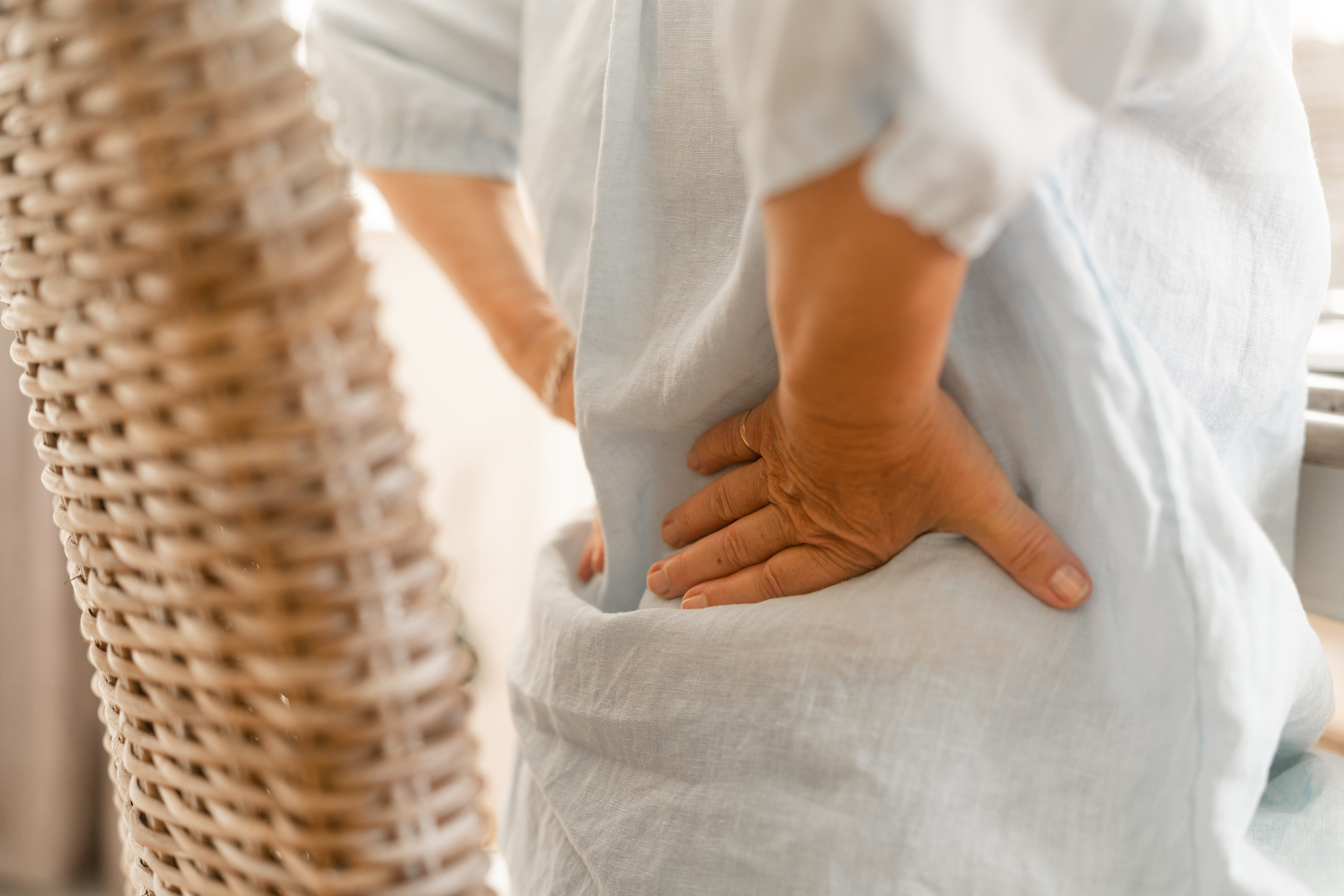Get Easy Health Digest™ in your inbox and don’t miss a thing when you subscribe today. Plus, get the free bonus report, Mother Nature’s Tips, Tricks and Remedies for Cholesterol, Blood Pressure & Blood Sugar as my way of saying welcome to the community!
Safety and effectiveness of drugs for back pain up for grabs

Low back pain makes every day more difficult.
It can stop you from doing things you love, like golf or spending time with your grandkids. It can even stop you from getting out of bed.
So it’s no wonder that so many of us turn to our doctors to help us find relief and end up filling prescriptions for things like muscle relaxants, anti-inflammatories, steroids and even opiate drugs.
The question is…
Do they work and are they safe?
Sadly, according to researchers from UNSW Sydney, the answer is maybe not.
A shot in the dark
Despite the fact that doctors are more than happy to prescribe a multitude of medications for low back pain, there hasn’t been a lot of science to back up the practice.
So those Australian researchers decided to see if they could finally prove there was a benefit.
The team looked at 69 different medicines or combinations of analgesic medicines, from Tylenol to hydrocodone and everything in between. And they delved into how the medications performed in cases of low back pain across 98 randomized controlled trials, involving over 15,000 participants.
And what it came down to was this…
No matter how popular these drugs are in the treatment of low back pain, when they were compared with a placebo, there was considerable uncertainty about how much pain relief they could provide.
In other words, it was a shot in the dark as to whether or not they could help.
To top it off, the researchers’ results even called into question the safety of the drugs, finding that some analgesic medicines could increase the risk of adverse events and side effects, like nausea, dizziness and drowsiness.
When asked about their findings, Professor James McAuley, Director UNSW’s School of Health Sciences, summed it up by saying: “Despite more than 60 years of research, we are still uncertain whether any analgesic medicine provides meaningful pain relief for people with low back pain. We recommend that doctors and patients take a cautious approach to managing acute low back pain with analgesic medicines until higher-quality trials of head-to-head comparisons are available.”
A safer path to pain relief
So if you’re living with low back pain and can’t rely on these drugs for safety, much less relief, what can you do?
Believe it or not, pain is one area where the American College of Physician’s guidelines admits that alternative therapies may work best:
- For sub-acute low back pain, they recommend a combination of heat, massage and acupuncture.
- For chronic low back pain, the ACP recommends a multi-pronged natural approach including exercise, acupuncture, mindfulness-based stress reduction, tai chi, yoga, motor control exercise, progressive relaxation, biofeedback and other similar therapy modalities.
Additionally, vitamins and supplements can be surprisingly effective for pain relief — especially these:
- Research shows that taking vitamin D can help sleep and reduce pain, which could make it a good option for low back issues.
- Omega-3s have been shown to essentially block pain by blocking chemical transmissions that exacerbate the perception of neuropathic and inflammatory pain. Omega-3s are found in fatty fish, fish and krill oil.
- CBD has been found to be surprisingly helpful with arthritis pain, with six out of ten people reporting that cannabis products were more effective than other drugs they used at managing their pain.
Editor’s note: Before jumping into any CBD product, make sure it’s full-spectrum, doctor-approved and bioavailable. Learn more about Prosper CBD Oil today!
Sources:
Effectiveness and safety of analgesics to treat low back pain ‘uncertain’: study – UNSW Sidney













